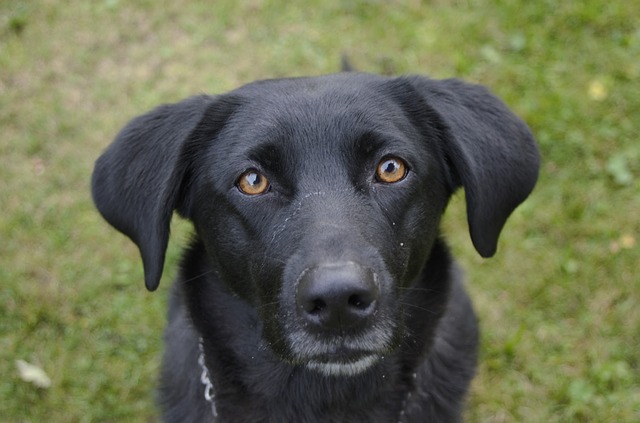It is very alarming to notice blood in your pup’s stool. It is even more alarming if the stool is loose, foul smelling, and everywhere. Diarrhea (or runny stool) is a common complaint among dogs and most cases are not an animal ER type emergency, but there are times when it is smart to be extra concerned. Blood tinged or bloody diarrhea is one of these times.

Believe it or not, dogs can get stomach bugs just like people. These problems are known collectively as gastroenteritis (literally inflammation of the stomach and bowel) and when there is also blood present, the term becomes hemorrhagic gastroenteritis. These “bugs” can be viruses, bacteria, parasites, and even fungi. But unlike people, who can weather out the storm of a stomach bug at home by the toilet, these canine cases will require veterinary intervention. They can actually be life-threatening, as they can progress to dehydration, shock, and death.
Idiopathic hemorrhagic gastroenteritis is one important cause of bloody diarrhea in adult dogs and absolutely must be medically treated. Parvovirus enteritis is another common cause of bloody stool and especially in young dogs that are not well vaccinated, bloody stool is a particular concern. Both of these will require some diagnostic tests and fluid/electrolyte correction. Many affected patients will need an IV catheter and hospitalization. These are some sick puppies!
If you would like to protect your dog from diarrhea, be sure that he is well vaccinated for distemper and parvovirus. ALL dogs should be on a scheduled parasite control product prescribed by a vet. They should eat a high quality premium diet and not be offered potentially spoiled food or foods high in fat. Garbage cans must be inaccessible and dramatic changes in diet should be made gradually. Probiotics (supplements containing beneficial bacteria) have shown great promise in helping dogs have healthy bowels. 1

Changes to the stool character can be caused by fairly benign things, like eating something different, but if your pet has bloody stool, especially if he seems to feel unwell, it is time for a trip to the veterinarian. All continued cases of diarrhea, no matter how inconsequential they seem, need to be worked up by a veterinarian.
NEVER give human medications without first discussing them with your veterinary team and let your vet decide what needs to be given based on his/her exam and diagnostic results. When you see bloody stool, don’t panic, but DO see your vet!
Want to learn more? Find me on Facebook by clicking here.
- Strompfová V, Kubašová I, Lauková A. Health benefits observed after probiotic Lactobacillus fermentum CCM 7421 application in dogs.Appl Microbiol Biotechnol. 2017 Aug;101(16):6309-6319. doi: 10.1007/s00253-017-8425-z. Epub 2017 Jul 18. Review. PubMed PMID: 28721546.
